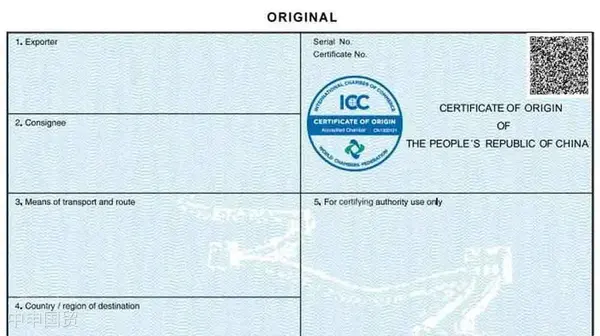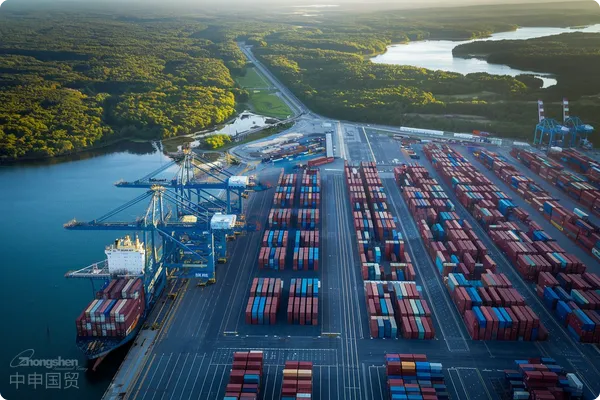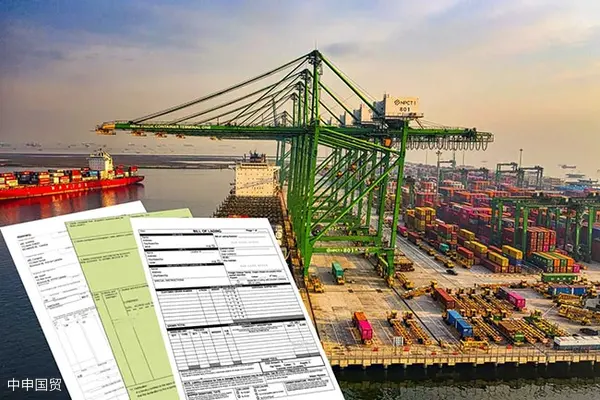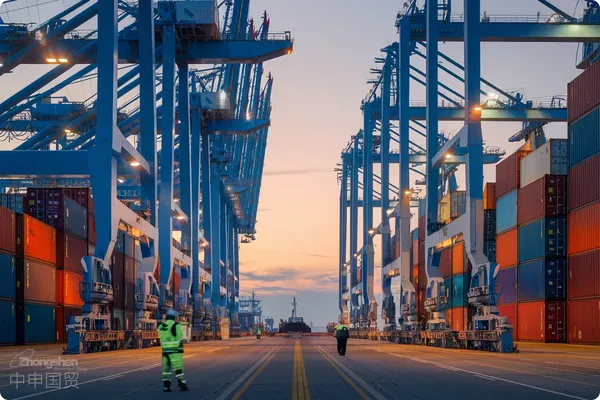- Shanghai Zhongshen International Trade Co., Ltd. - Two decades of trade agency expertise.
- Service Hotline: 139 1787 2118
Relevant Introduction
During the process of exporting and selling products to Singapore, safety certification has always been an important part. All along, PSB certification has been a mandatory safety certification for electrical products in the Singaporean market. However, with the evolution of Singapores standardization and regulatory system, the relevant regulations of PSB certification have also undergone significant changes. This article will take you to understand these changes in detail and the current Singaporean safety certification framework.
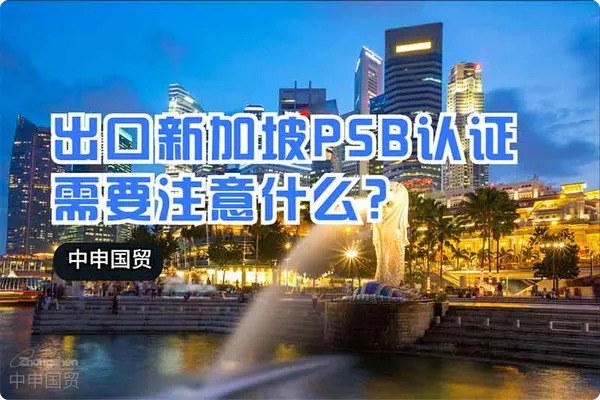
I. The Past and Changes of PSB Certification
PSB certification used to be a necessary safety certification in the Singaporean market, issued by the Product Standards Bureau of Singapore. It required that all listed electrical products must pass PSB certification before they could be sold in Singapore. The validity period of the PSB certification certificate is three years. The applicant must be a company registered in Singapore, and each certificate can only cover a single model of product. The entire process includes enterprise application, quotation, contract signing, document review, on - site review, rectification, and certificate issuance.
However, over time, Singapores standardization system has been adjusted. PSB was initially under the responsibility of the Productivity and Standards Board of Singapore. After a series of institutional restructurings, SPRING Singapore was formed, and then it was further incorporated into Enterprise Singapore. Today, PSB certification has become a historical term, replaced by a new certification system managed by the Consumer Product Safety Office (CPSO).
二、現(xiàn)行的認(rèn)證體系:CPSR與SAFETY Mark
At present, in Singapore, product safety compliance is mainly regulated by the Consumer Protection (Safety Requirements) Regulations (CPSR), which is under the responsibility of the Consumer Product Safety Office (CPSO) of Enterprise Singapore. According to the requirements of CPSR, specific household appliances, electronic products, and gas equipment - the so - called Controlled Goods must meet the specified safety standards and be registered with the CPSO before they can be sold in the Singaporean market.
Products that meet the requirements need to be affixed with the SAFETY Mark logo as proof of compliance with safety standards. This logo allows consumers and market regulatory authorities to clearly identify products that meet safety requirements, thus better ensuring user safety.

三、PSB認(rèn)證與CPSR的區(qū)別與聯(lián)系
Although PSB certification was once the main means of electrical product safety compliance, the term PSB certification is no longer used in the current Singaporean market. Instead, it is replaced by the more modern and systematic CPSR framework. Under the new system, enterprises no longer apply for certification from PSB but register with the CPSO and undergo compliance reviews.
It should be noted that although the certification system has changed, the goal of enterprises for product certification remains the same, that is, to ensure that products can safely enter the Singaporean market and gain consumer recognition. Enterprises need to be familiar with the current CPSR system, ensure that products meet the latest safety standards, and complete registration and labeling as required.
IV. How should enterprises respond to the latest certification changes?
Facing the evolution of the Singaporean safety certification system, enterprises need to take the following measures to ensure smooth compliance:
- Update certification knowledge Enterprises should keep abreast of the latest policy changes regarding product safety in Singapore in a timely manner. Compared with PSB certification, the operation process of the CPSR system is different. Enterprises need to adapt to this change and understand how to correctly apply for the SAFETY Mark.
- In addition, enterprises can visit the officialQuery website for the list of controlled goodsto confirm whether their products are within the scope of control and understand the specific certification requirements.
- Hold a valid local registered company Since applying for CPSR certification requires a local company in Singapore as the applicant, enterprises can choose to set up a branch in Singapore or cooperate with a local agency company in Singapore to ensure the smooth completion of the certification application.
- Ensure that products meet the latest safety standards Enterprises should ensure that their products meet the safety standards specified by CPSR, including but not limited to electrical safety, mechanical safety, and gas safety standards. For specific types of products, additional tests may be required to ensure compliance.
V. Summary
With the changes in the Singaporean product safety certification system, PSB certification has become a thing of the past, replaced by the CPSR system and the SAFETY Mark logo. This change reflects Singapores continuous progress in product safety management, aiming to provide consumers with a more reliable and safe product environment. For export enterprises, it is crucial to understand and adapt to this change. Only by ensuring that products meet the latest safety standards and completing registration can they smoothly enter the Singaporean market and gain the trust of consumers.
Enterprises should actively adjust their strategies, maintain close contact with the CPSO, and understand the latest compliance requirements to ensure that products can pass the certification smoothly and lay a solid foundation for expanding the Singaporean market.
Related Recommendations
? 2025. All Rights Reserved. 滬ICP備2023007705號-2  PSB Record: Shanghai No.31011502009912
PSB Record: Shanghai No.31011502009912
